Do hot water dispensers use a lot of electricity?
Are you concerned about your energy bill? Many households wonder, “Do hot water dispensers use a lot of electricity?” It’s a common worry for those considering the convenience versus cost.
Hot water dispensers typically use less electricity than kettles, averaging around 0.5 to 0.8 kilowatt-hours (kWh) per day, making them an efficient choice for immediate hot water needs without significantly impacting the energy bill.
Discover the cost-effective benefits of hot water dispensers over traditional kettles. Learn more about saving on your energy bills with our comprehensive guide
Do hot water dispensers use a lot of electricity? (6 Steps Guidance)
If you are facing the same problem, Do hot water dispensers use a lot of electricity? By dispensing, Must read the following steps!

Step 1: Understand Your Dispenser’s Energy Rating
Before purchasing, check your hot and cold water dispenser’s energy rating. A higher rating means better efficiency, and thus, lower electricity consumption. Look for models with Energy Star certification for optimal performance and savings.
Step 2: Compare Energy Usage Between Models
Compare the stated energy use of different dispensers. Devices with lower watt consume less or much electricity, thereby offering potential savings on your energy bills while still providing quick access to hot water.
Step 3: Monitor Your Hot Water Consumption Habits
Track how often and for what purposes you use hot water, as frequent usage can increase energy costs. Limiting unnecessary dispensing can lead to substantial savings.
Step 4: Learn How to Properly Maintain Your Dispenser
Regularly descale and clean your dispenser to ensure efficient operation and longevity, which can help keep your energy costs lower over time.
Step 5: Implement Energy-Saving Techniques
Use insulated cups and only heat water you need. Consider switching off the dispenser when not in use to prevent extra energy expenditure.
Step 6: Review Your Energy Bill for Changes After Installation
After installing your hot water dispenser, regularly review your energy bill to analyse any changes in consumption. This will help you gauge the efficiency and cost-effectiveness of your device over time.
Topics:
The comprehensive topics related, Do hot water dispensers use a lot of electricity?
1.Energy Consumption Analysis: Hot Water Dispensers vs. Electric Kettles
Assessing the electrical usage of hot water dispensers versus electric kettles proves dispensers as more cost-effective, using less energy for daily convenience without a hefty increase on the energy efficient bill.
2.The Environmental Impact of Hot Water Dispensers
Hot water dispensers not only offer economic benefits but also contribute to environmental conservation by utilising less energy, thus reducing the carbon footprint compared to frequent kettle use.
3.Innovative Features in Modern Hot Water Dispensers
Modern hot water dispensers boast innovative features like programmable temperatures, energy-saving modes, and touchless operation, enhancing user convenience while promoting efficient energy consumption.
4.The Lifespan of Hot Water Dispensers and Energy Cost Over Time
The lifespan of hot water dispensers often exceeds that of kettles, offering long-term energy cost savings. Proper upkeep can further extend this, maximising the investment and minimising the environmental impact over time.
5.Practical Tips for Reducing Your Hot Water Usage
Reducing hot water usage is key to energy efficiency. Simple actions such as repairing leaks and installing low-flow fixtures can significantly cut down on waste, promoting both conservation and cost savings for environmentally and financially conscious consumers.
Conclusion:
In conclusion, the concern “Do hot water dispensers use a lot of electricity?” can be confidently addressed with evidence that these devices are energy-efficient. By choosing models with high energy ratings, monitoring usage habits, and employing practical energy-saving techniques, hot water dispensers can be a cost-effective solution for those looking to balance convenience with conservation. Ultimately, these dispensers contribute to long-term savings on energy bills and foster environmentally responsible living.
FAQs:
People also ask
Hot water dispensers typically last between 5 to 10 years with proper maintenance and regular descaling.
Buying a hot water dispenser is worth it for the convenience, energy savings, and long-term cost-effectiveness over using traditional kettles.
Water dispensers can indeed save money by using less energy than kettles, helping to reduce electricity bills over time with efficient heating and maintenance.
A hot water dispenser typically uses between 1.5 to 3 kilowatts (kW) depending on the model and heating efficiency.

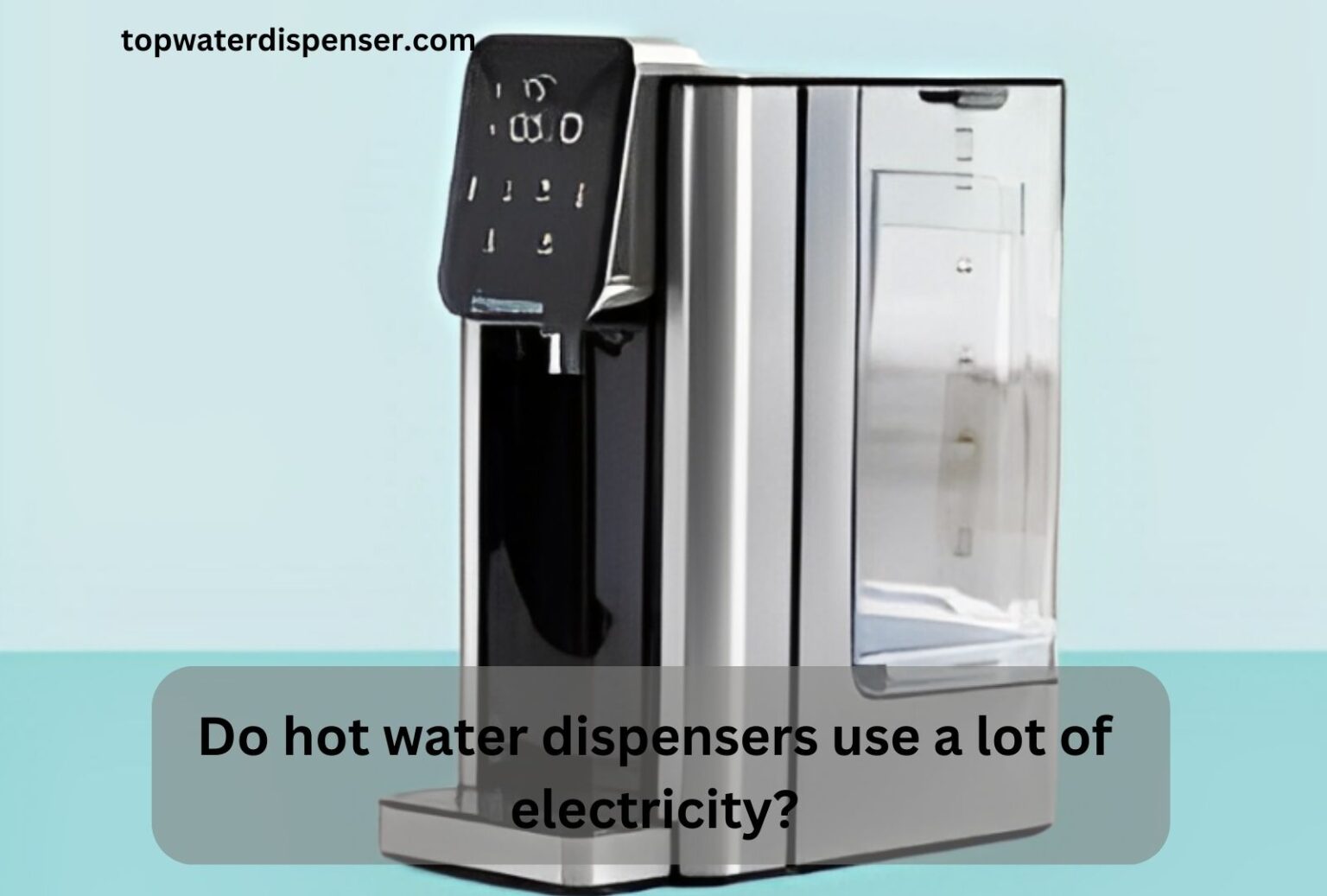
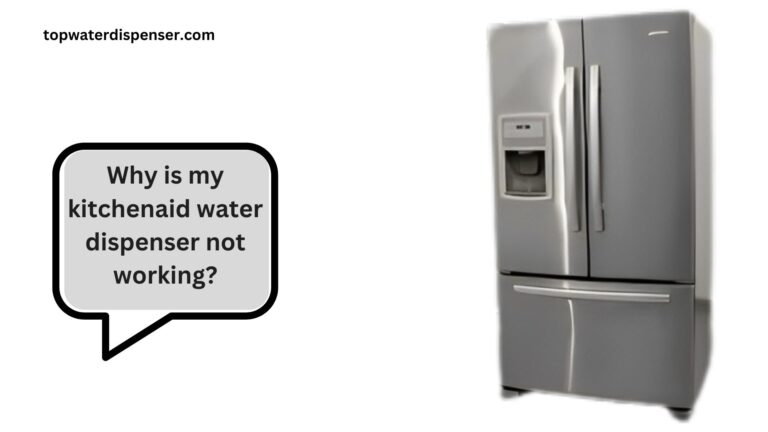
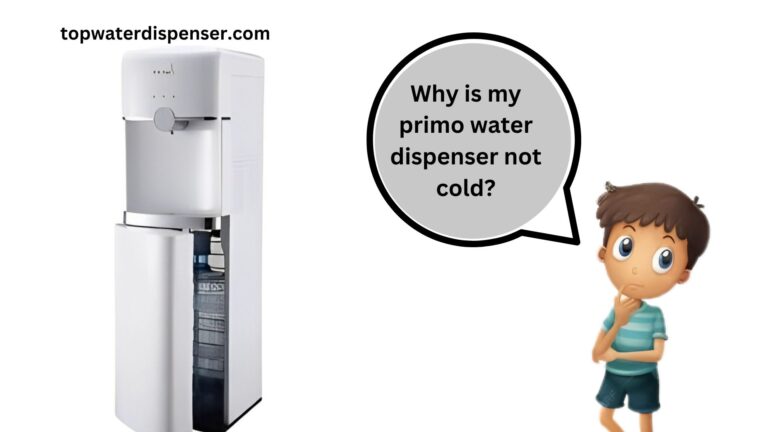
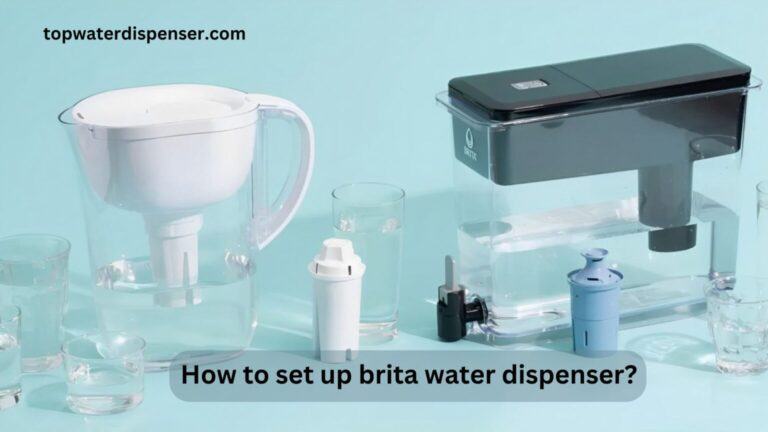
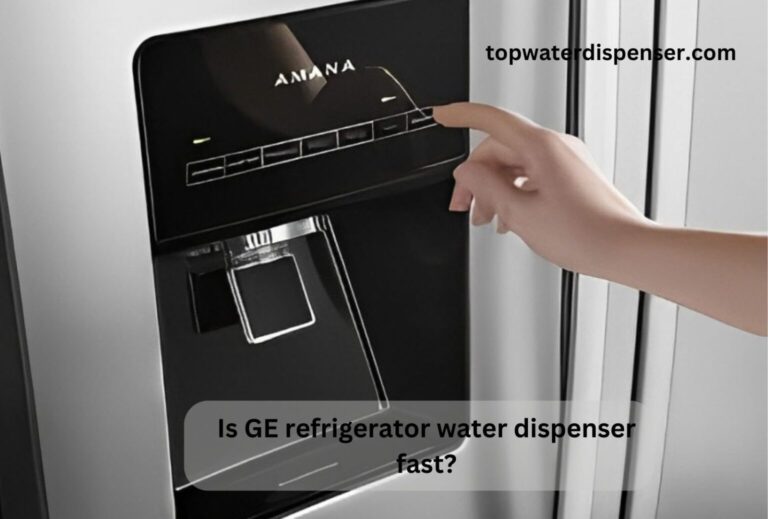
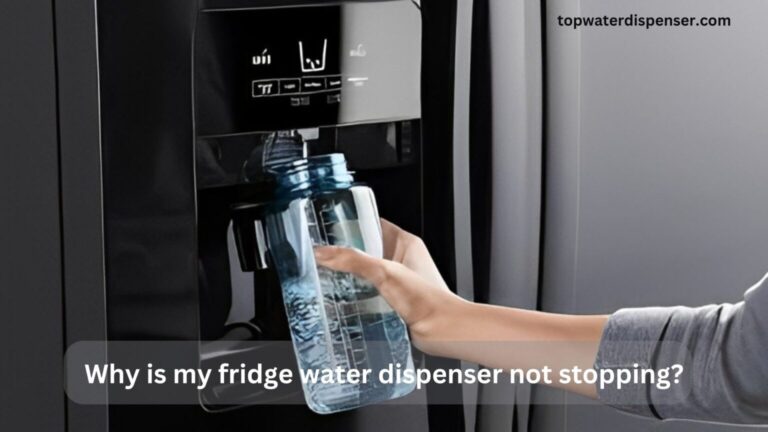
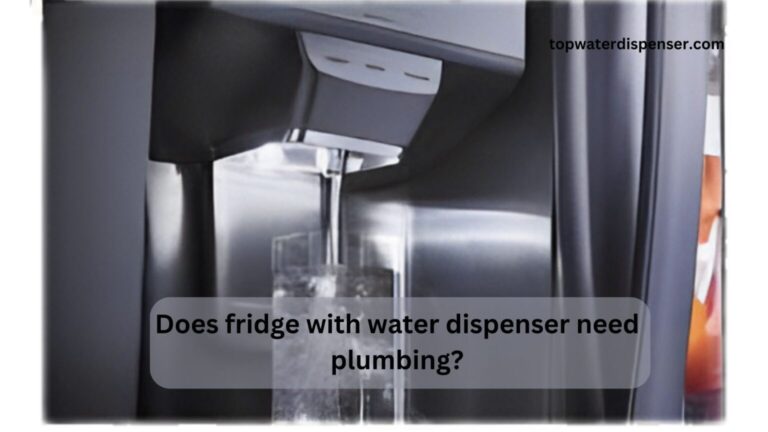
One Comment